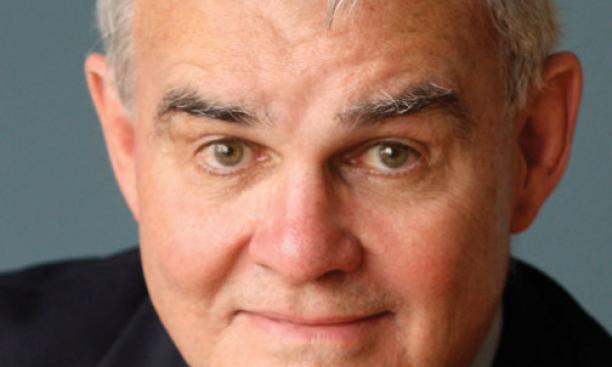

A clarification about portions of Cooper’s comments appears at the end of this story.
Abraham Lincoln fundamentally misunderstood the South. He never had been to the deep South, had no Southern friends, and conferred with few Southern colleagues. His ignorance helped drive the country into the Civil War, William J. Cooper ’62 argues in his book, We Have the War Upon Us: The Onset of the Civil War, November 1860–April 1861 (Alfred Knopf).
“Lincoln didn’t see how his rhetoric inflamed the South, how his actions were interpreted,” says Cooper, the Boyd Professor of History at Louisiana State University. With a two-dimensional view of the South as a collection of wealthy slave owners with immense plantations, Lincoln did not realize that most Southerners owned few slaves, if any. Yet the institution of slavery was critically important to the whole of Southern society.

“He couldn’t conceive of a South where non-slave owners would defend slavery,” Cooper says.
A political play-by-play that traces developments from Lincoln’s election to the first shot bursting over Fort Sumter five months later, We Have the War Upon Us examines why the tradition of political compromise failed to work leading up to the Civil War.
The Republican Party was one reason. For the first time in American history, with Lincoln’s election, a party won the presidency without a single Southern state, branding itself as anti-Southern. Lincoln himself was another reason. As president-elect, he did nothing to quell Southern fears that the Union had no place for them. And third were radical secessionists in the South, whom Cooper describes as “hotheads” who overreacted to Lincoln’s election.
“There were Southerners who did not want the Union to remain whole and refused to participate in any effort to do so,” says Cooper. In the North, Republicans thought that a “move toward any sort of compromise” would mean hard-line anti-Southerners would leave their party and it would fall apart.
Ultimately, Cooper argues, the Civil War happened because of individual politicians and the choices they made. At any point before the military showdown at Fort Sumter, the war could have been avoided — if the key groups had been willing to give a bit.
What draws Cooper to the study of the Civil War is the fact that Southern politicians could not see how unnecessary secession was. On the eve of the Civil War, Southern politicians controlled the Supreme Court and the Senate. “Lincoln couldn’t have turned around without their approval,” Cooper says. While Lincoln believed that states had the right to allow slavery within their borders, he wouldn’t stand for the expansion of slavery into new territories. If the Southern politicians had sat tight for four years, says Cooper, Lincoln would not have been able to end slavery in their states. Instead, they gambled and lost.
Statements about Abraham Lincoln’s understanding of the South in an Oct. 24 Alumni Scene story about William J. Cooper ’62’s recent book, We Have the War Upon Us: The Onset of the Civil War, November 1860-April 1861, deserve clarification. As PAW readers pointed out, Lincoln took two trips, at 19 and 22, to New Orleans, and his wife and his friend Joshua Speed were Kentuckians. But as Cooper writes in the book, “that part of the Border South was all that he knew.” Lincoln had “no first-hand knowledge of the South,” Cooper writes, and “no friends who could educate him about the South and southern politics.”
What he's reading: Memoirs of John Quincy Adams: Comprising Portions of His Diary from 1795 to 1848, by John Quincy Adams, edited by Charles Francis Adams
What he likes about it: “I’m fascinated by his intellectual curiosity, his Puritan-inspired introspection, his continual beating-up on himself. He rarely does anything good enough.”
